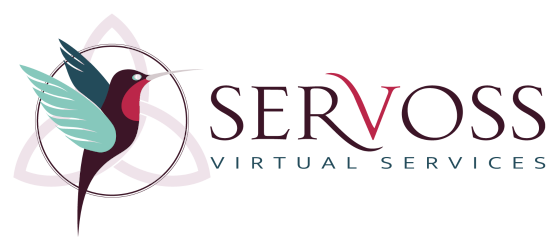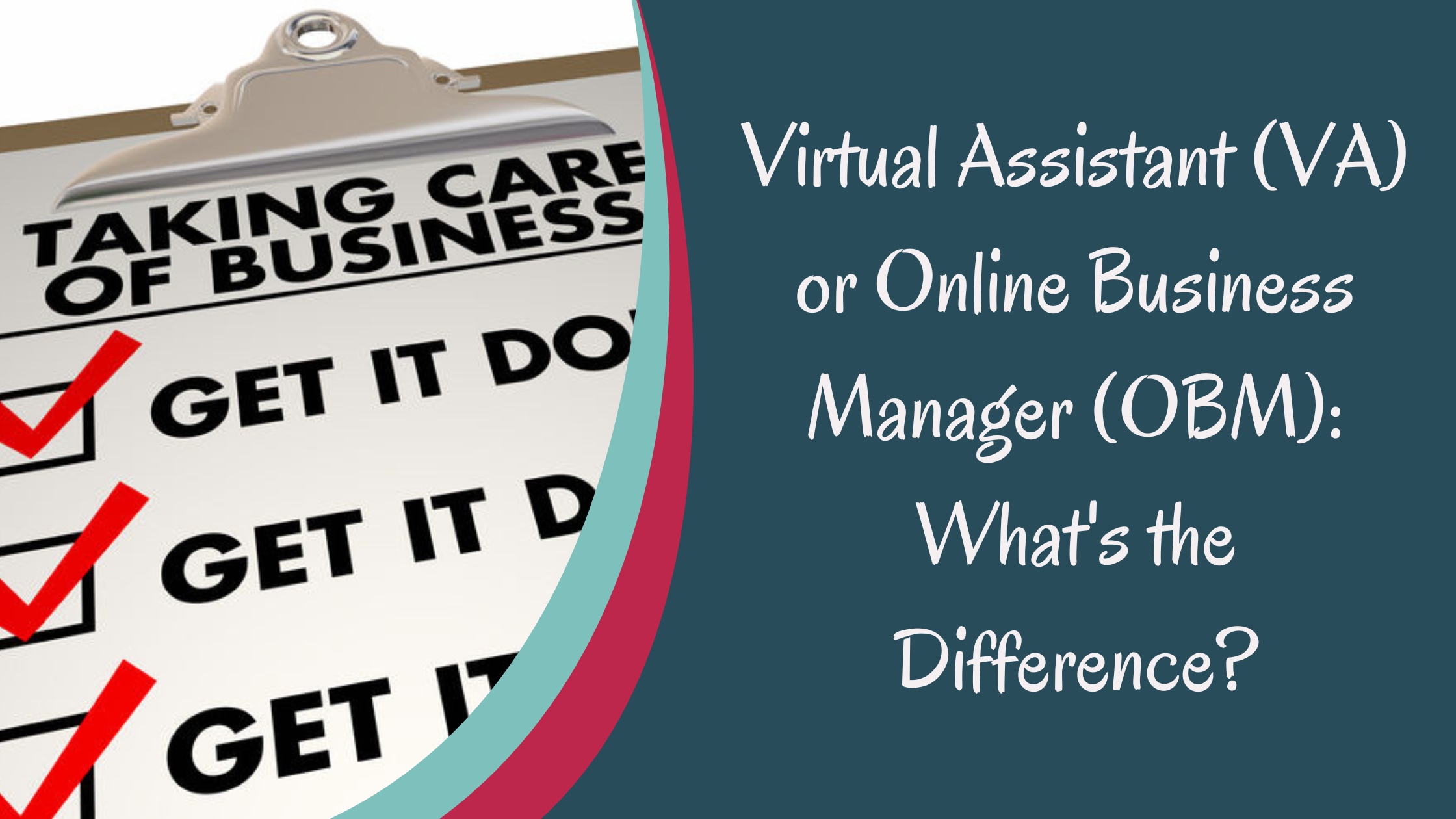According to Abbey Ashley, owner and CEO of “The Virtual Savvy” and an industry leader, the definition of a Virtual Assistant is “any type of remote assistant who provides administrative, creative or technical support services or online or brick and mortar business owners.” Virtual Assistants (VA) are independent contractors that work from home, or wherever they want, on tasks given to them by their clients. VAs set their own hours and work well with deadlines.
Some tasks that can be given to a VA include:
- Customer Service – responding to email and phone inquiries from customers and clients
- Email Management – maintaining Inbox Zero, responding to emails on behalf of the client when appropriate and ensuring important emails are not missed
- Bookkeeping – keeping financial records up to date, creating regular reports and tracking invoices/payments
- Online Research – looking up information online to answer a questions, such as finding grant opportunities, fundraising ideas and additional business opportunities
- Presentations – creating sales presentations using Powerpoint or Prezi software
- Travel Accommodations – booking airfare, reserving rooms, and creating itineraries
- Calendar Management – scheduling meetings, following up with meeting attendees and planning small events
Virtual Assistance is very much an industry, much like Engineering is an industry. Within Engineering, there are specialties like Civil Engineering, Electrical Engineering and Chemical Engineering, among many others. Similarly within the Virtual Assistant industry, there are specialties like Project Managers, Online Business Managers, Social Media Managers, and Digital Marketers.
An Online Business Manager (OBM) is “a virtually based support professional who manages online-based businesses, including day-to-day management of projects, operations, metrics and teams,” as defined by Tina Forsyth, founder of the International Association of Online Business Managers and creator of the Online Business Manager Certification Program.
OBMs can be given the following, and so much more:
- Team Leadership – managing team members to ensure tasks are completed on time
- Project Management – guiding a project from beginning to end, including tracking budgets
- Processes and Systems – creating procedures for ongoing or repeated tasks that will ensure efficiency, consistency and continuity
- Operations Management – ensuring day-to-day tasks are completed, customers remain happy, and issues are handled professionally and timely
- Strategic Planning – helping to break down the business owner’s big picture visions into actionable goals and individual tasks to meet those goals
Some questions overwhelmed small business owners and non-profit directors need to answer to figure out which type of help is needed include:
- What type of assistance would be most helpful: virtual assistance or online business management?
- What type of tasks are you most comfortable giving to someone else to complete?
- Do you need help figuring out where you want your business to go, how it should grow, and making a plan to achieve your goals?
- Do you need help with tasks like keeping records and customer support? Or a combination of both?
Both types of services are perfect for small businesses and nonprofits that do not have enough work or funds to hire a full-time employee. Comment below to share your thoughts and questions.


No responses yet